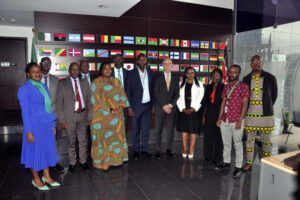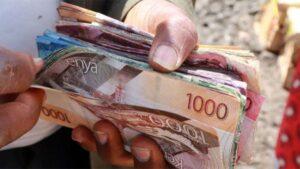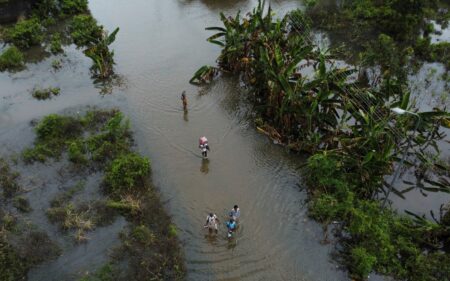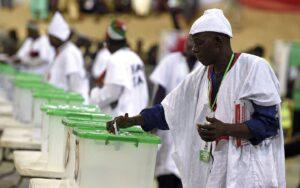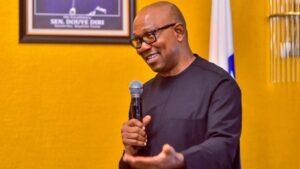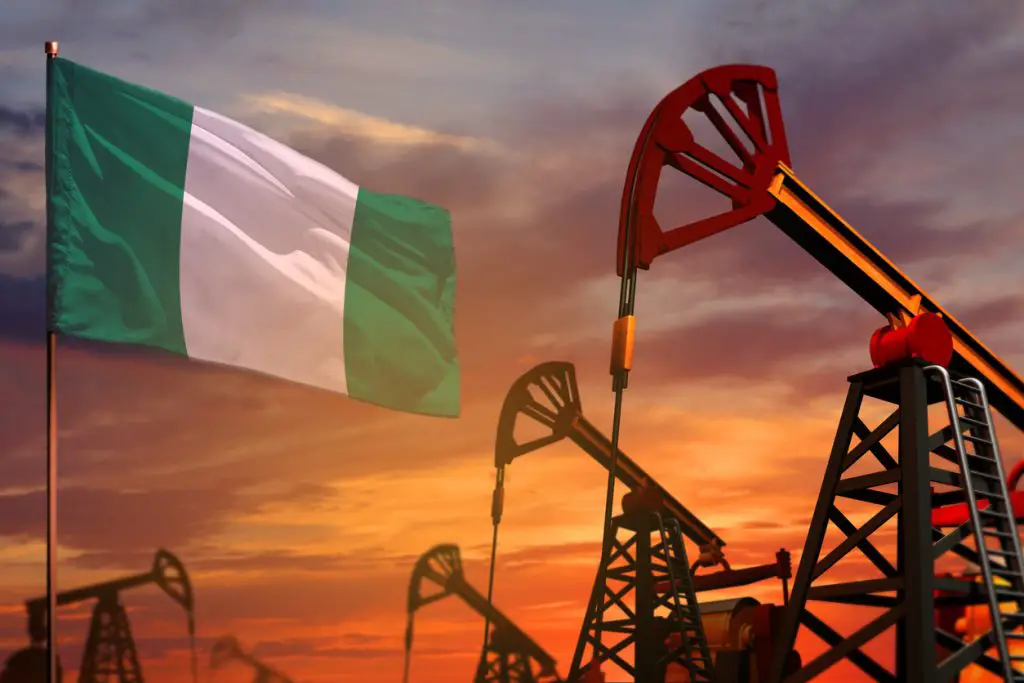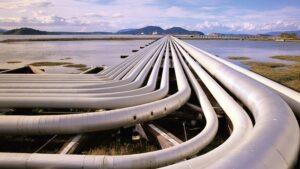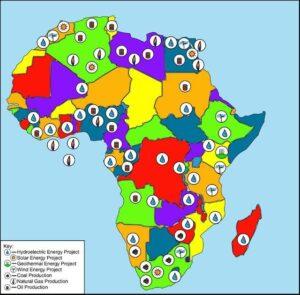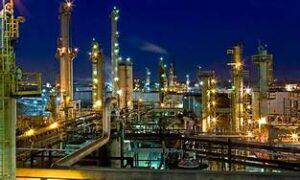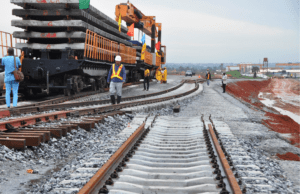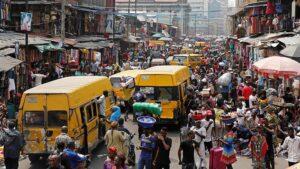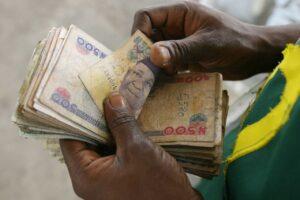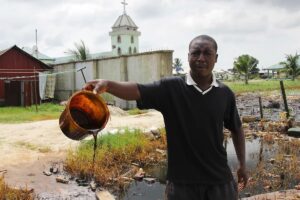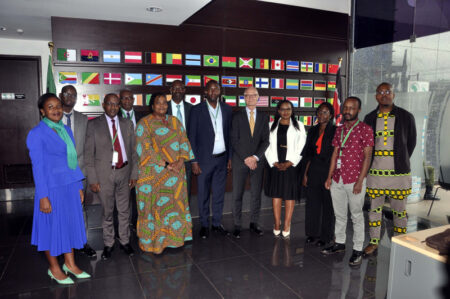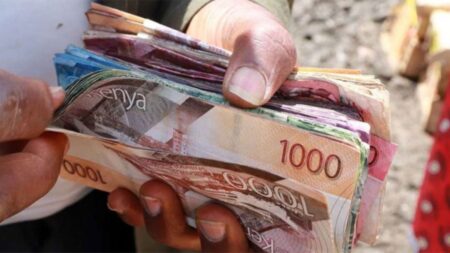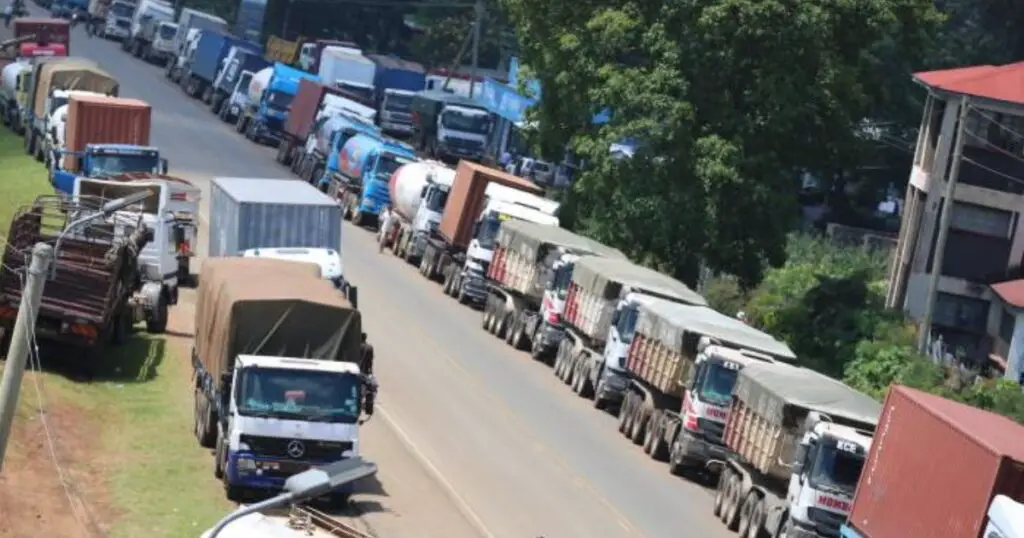- Kenyan Farmers Receive $2M Boost from Africa Fertiliser Financing Mechanism
- Brace for High Interest Rates for a Longer Period World Bank Warns Kenya
- Kenya-Ethiopia Trade Relations: Legislators Advocate for Policy Alignment to Boost Ties
- Visualising the state of debt in Africa 2024
- Abu Dhabi radiates optimism as over 300 startups join AIM Congress 2024
- TLcom Capital Raises $154 million in Funding to Boost Its African Growth
- Africa’s $824Bn debt, resource-backed opaque loans slowing growth — AfDB
- LB Investment brings $1.2 trillion portfolio display to AIM Congress spotlight
Nigeria
- Climate Change-related flooding saw large swathes of farmlands and settlement areas in Nigeria’s coastal Niger Delta flooded by December 2022.
- Boko Haram terrorists, bandits, and armed herders have forced at least 78,000 farmers to abandon their farmland.
- Over the past eight years, an estimated 6,000 Benue people reported killed while two million farmers were displaced.
Nigeria is battling a perfect storm with a double whammy of climate change and conflict exacerbating the country’s food crisis. Currently an estimated 25.3 million people in Nigeria are facing food crisis partly worsened by the ongoing flooding throughout the country.
As of December 2022, large swathes of farmland and settlements in Nigeria’s coastal Niger Delta region flood. The flooding saw the closure of schools, leaving hundreds of children out of learning centres as the disaster took a toll.
Climate change worsening Nigeria’s food crisis
Nigeria, which with 222.2 million people is Africa’s most populous …
- At the beginning of February, Nigerians started complaining that commercial banks could not supply individuals with Nigeria’s physical fiat currency.
- The currency situation in Nigeria escalated to an all out crisis this week when an impending deadline for the ban of the use of old notes.
- The Supreme Court on Wednesday, suspended the deadline to ease the tension that has been building up exacerbated by heated campaigns and a looming fuel crisis.
In the middle of intense campaigns that will see three main presidential candidates battle it out in Nigeria’s 2023 election, the country is experiencing a shortage of the new Naira notes that threatens to take centre-stage before the West African nation goes to the polls from 25 February.
All Progress Party (APC) candidate Bola Tinibu, People’s Democratic Party (PDP) Atiku Abubakar and outsider Peter Obi of Labour Party are considered the front runners to take over from outgoing …
Some have wondered whether Obi will manage to upset the status quo that has defined Nigerian politics since 1999. However, great support for Obi has been borne of the young generation’s apparent frustration with Nigeria’s political class.
More specific, many people view the presidential candidates from the two major political parties, APC and PDP, as representatives of status quo politics that have left Nigeria on the brink of economic shutdown.
In the run-up to Nigeria’s presidential elections in 2023, the electorate confronts the challenges of soaring inflation, a plummeting currency, and prevalent insecurity. Crude oil, Nigeria’s economic backbone, has seen its production slump to multi-decade lows. Moreover, the government has seen its debt service exceed the earned revenue in the first quarter of 2022.…
In a 2019 Human Development Index1 (HDI) issued by the UNDP, countries with low human development include Liberia, Guinea Bissau, Sudan, Niger, Nigeria, Mauritania, Lesotho, Senegal, Togo etc. The Human Development Index is measured through three dimensions: long and healthy life, access to knowledge and decent standard of living. The major importance of the HDI is to enable countries to calculate the overall level of development and what sectors in the economy need more funding and attention. What this means is that countries with low HDI tend to suffer with high rate of unemployment, low Foreign Direct Investments (FDI), high mortality rate, poor infrastructures and so on. The key importance of the HDI is to drive economic diversification and economic growth. Beyond economic growth, it is also important to adopt development strategies that would solve the issue of social needs and increase inflow of investments.
A major reason …
As the World shakes off the effects of Covid-19, the global energy sector has a long way to go to recover, but the baby steps have begun.
In his remarks at the 20th Meeting of the Joint Ministerial Monitoring Committee (JMMC), mid last month, the OPEC Secretary General, Mohammad Sanusi Barkindo, underscored the devastating impact of the Covid-19 pandemic and what he described as ‘…its complete disruption of daily life.’
“These monthly meetings of both the JTC and the JMMC send a reassuring message that we are ready, willing and able to address shifting market conditions”, he said during the video conference.
The SG maintained that ‘…the historic actions taken by OPEC and its partners in the DoC have contributed to an improved balance in the oil market compared to the situation in April, however, the JTC and JMMC must remain vigilant in monitoring market conditions.”
While the global …
Across the continent to West Africa where we find one of Africa’s largest economies, Nigeria. Here we find another railway deal gone bad, the $500 million Lagos – Ibadan railway.
In a similar manner to Kenya’s SGR debacle with China, which resulted in Kenya sinking heavily into debt that it simply cannot afford to pay and restructure, Nigeria is now finding a similar fate.
According to the country’s Director General for Nigeria’s Debt Management Office (DMO) Patience Oniha, when making a deal with China, ‘…the Chinese determine the cost of projects, give us loans tied to the projects and the projects must be executed by Chinese firms alone.’
It is alleged that not only does China force importation of even the smallest of laborers but also all the equipment and guess where they are imported from? Yes, China.
It is further argued that by so doing, China is using these …
Nigeria, Africa’s largest economy which performed well in the fourth quarter of 2019, since the 2016 recession, could contract in the second quarter in 2020.
The possibility of a contraction is backed by, three gauges of business activity that pointed to difficulties the central bank face in trying to stave off a recession in Africa’s largest economy, according to information from Bloomberg News.
As Nigeria struggled to recover from a 2016 contraction is set to slow down economically, due to the lockdown rolled in to curb coronavirus spread.
According to Stanbic IBTC Bank and IHS Markit’s purchasing managers index rose slightly to 40.7 in May from 37.1 the previous month, suggesting economic conditions are worsening even as the government relaxes a lockdown in key cities to curb the spread of the virus.
READ: Nigeria records high quarterly GDP growth in the fourth quarter
However, according to Bloomberg News, Gbolahan Taiwo, …
Nigeria, one of Africa’s largest economy has recorded the highest quarterly growth (in the fourth quarter—Q4) since the 2016 recession.
The economic growth rose to an annual rate of 2.55 per cent in the three months to the end of December, Nigeria’s National Bureau of Statistics (NBS) revealed on Monday.
The NBS noted that, compared to the fourth quarter of 2018 which recorded a growth rate of 2.38 per cent, this represents an increase of 0.17 per cent points and an increase of 0.27 per cent points when compared with the third quarter of 2019.
READ:Nigerian annual inflation soars to 12.1 per cent in January
The statistician highlighted that Nigeria’s economy has been classified broadly into the oil and non-oil sectors, whereby in Q4 the oil sector scored a decent increase of 7.98 points relative to the rate recorded in the corresponding quarter of 2018.
Also, the non-oil …
A new law has been signed by Nigerian President Muhammadu Buhari which goes after boosting government revenue via a raising value-added tax (VAT) rate and simultaneously supporting small businesses, Reuters revealed.
The finance bill which was signed into law on Monday will raise the VAT rates from 5 per cent to 7.5 per cent, which is arguably still the lowest in the world.
READ:Nigeria retains top spot as Africa’s largest economy
According to a 2019 BBC report, Nigeria was highlighted to face a fiscal crisis if it failed to improve its ability to collect taxes. Africa’s populous nation and biggest economy expenditure doubled and debt servicing cost grew substantially, while revenues missed their targets by 45 per cent a year since 2015.
Reuters cited that, Nigeria has been struggling with the diversification of its economy to reduce dependence on sales of crude oil, which also sustained changes in revenue, …
